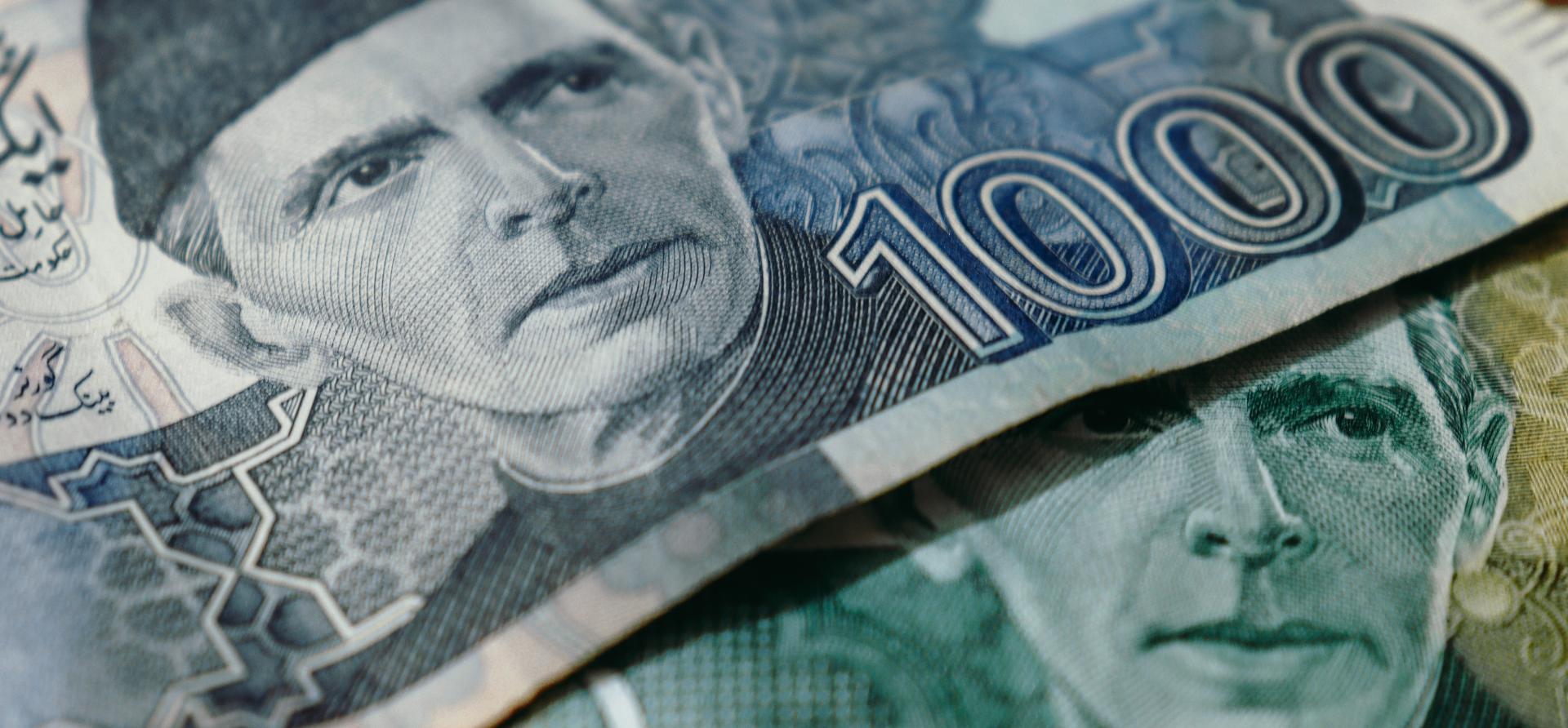Optimizing Pakistan's economy by renegotiating power purchase agreements
Download Full Report
View Press Release

Key Findings
Capacity payments in Pakistan reached PKR2.1 trillion in 2024, exacerbated by reduced industrial output and shrinking grid demand. Under the International Monetary Fund’s directive, the government was forced to take decisive action to rectify the situation.
Power purchase agreements (PPAs) with five Independent Power Producers (IPPs) in Pakistan were terminated as a first step. Two of the five IPPs took haircut deals, accepting a discount of up to PKR20 billion. 18 other IPPs face possible conversion to take-and-pay contracts, whereby the state-owned off-taker will only be liable to pay for energy consumed by the grid, eliminating capacity charges.
While the Pakistani government’s targeting of middle-aged, underutilized fossil fuel-based plants with no debt obligations is the right approach, the
negotiation process should be more transparent for mutually acceptable
outcomes.
This process could benefit both parties, with IPPs quickly recovering unpaid dues and the government avoiding paying for unrequired idle capacity.
Executive Summary
Developing countries in Asia and Africa, riddled with excess capacity payments and a surplus of generation capacity, are using contract renegotiation to lower their economic burden and conserve the foreign exchange. In Pakistan, Independent Power Producers (IPPs) have allegedly made excessive profits by under-reporting efficiency gains and over-invoicing, thus necessitating complex power purchase agreement (PPA) renegotiations. Contracts with five IPPs have already been terminated, while 18 others face a possible conversion to a take-and-pay basis.
Renegotiations require both parties to offer concessions to arrive at a deal. For the five IPPs with terminated contracts, two publicly listed companies may have waived some receivables while taking the government’s offered settlement. Lalpir Power Plant, a 362 megawatts (MW) furnace oil-based plant located in Muzaffargarh, took a haircut of PKR7 billion. HubCo’s 1292MW furnace oil-based power plant was offered PKR36.5 billion in compensation, almost PKR20 billion less than the total company valuation as of June 2024.
Renegotiation of concession agreements is not an unusual practice in the power sector, especially under destabilizing economic conditions such as macroeconomic shocks. Ghana, like Pakistan, has struggled with energy sector reforms prompted by rising power sector debt and unpaid dues. The country recently underwent a similar situation, successfully renegotiating contracts with five IPPs, including debt structuring and conversion to a take-and-pay system.
The government in Pakistan has attempted PPA renegotiations in 1998, 2012, 2020, and now in 2024. IPPs allege that repeated contract renegotiations and coercive tactics will hurt investor confidence and future expansion opportunities in the power sector.
An examination of the PPA terms reveals that the incentives offered to IPPs have been overly generous with backstopped payment guarantees, dollar indexation, and high return on equity allowances, contributing to Pakistan’s ever-rising power sector circular debt.
Considering that the IPPs under review have paid off their debts and have earned reasonable returns on equity, contract termination or conversion to a take-and-pay basis is a reasonable proposition given Pakistan’s persistent economic struggles and foreign exchange shortage.
While renegotiation could allow the government to save scarce economic resources, the IPPs may also have a chance at quick compensation for unpaid dues or the ability to sell power to secondary markets once Competitive Trading Bilateral Contract Market (CTBCM) reforms are operationalized. However, the negotiation process should be commercial and transparent to ensure optimal outcomes.














